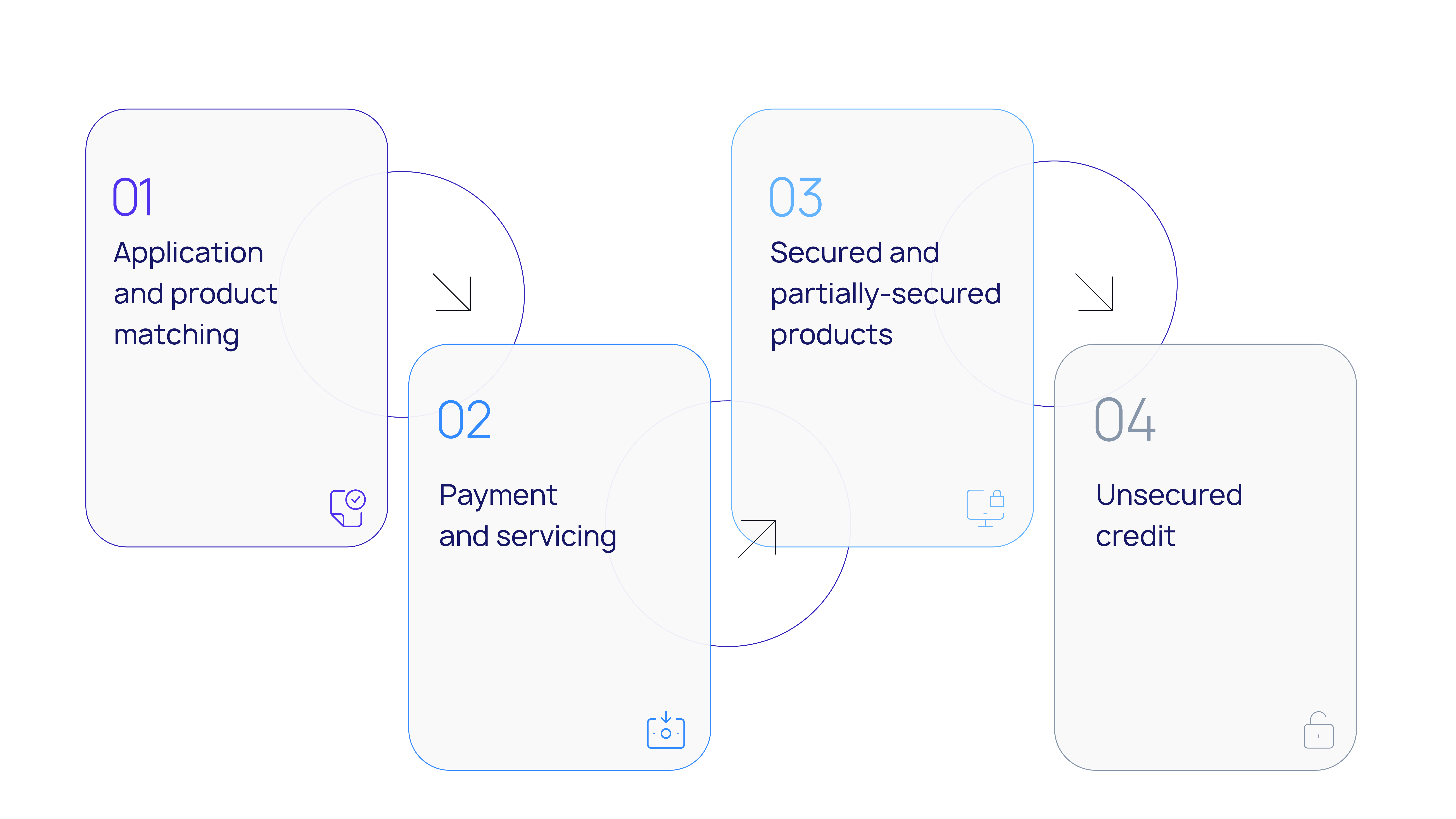How LoanPro handles FCBA compliance
Few things are more frustrating than getting a fee because of a bureaucratic mistake. Don’t hold your breath for the government to stop giving out so many fines and fees of their own, but they have put restrictions on how lenders handle payments and billing through the Fair Credit Billing Act (FCBA).
An amendment to the Truth in Lending Act, FCBA applies to all creditors. It lays out what constitutes a billing error and the roles both the consumer and creditor play in resolving them. It also sets rules for crediting payments and handling credit balances.
FCBA requirements and LoanPro’s solutions
Like most regulations, FCBA includes both dos and don’ts. Also like most regulations, manually tracking and managing these requirements would be a bit of a headache. Fortunately, LoanPro has out-of-the-box automations that can ensure your operation stays FCBA compliant.
Let’s break down each major requirement and what LoanPro does to help card providers stay compliant.
| FCBA requirement | LoanPro solution |
| If a lender has received a billing error notice from a consumer, they have 30 days to provide written notice that they’ve received the error notice. | LoanPro has built out compliant communication templates that meet FCBA’s needs. Once an agent notes that a billing error notice was received, LoanPro can automatically send the borrower the notification through email or physical mail. |
| A billing error needs to be resolved and a correction notice sent within 2 complete billing cycles. | Grouping options like portfolios and flags can be used to clearly organize accounts with a disputed amount, enabling servicers to prioritize accounts that need attention. |
| Lenders can’t try to collect on a disputed amount, even if the consumer is enrolled in an automatic payment plan. | LoanPro can automatically pause AutoPays during the dispute management process, and resume them once the error is resolved. |
| Payments need to be credited the day they are received if a delay would cause a charge. | LoanPro allows you to date payments in the past or future. If a payment is received but can’t be processed for several days, you can postdate it to apply on the day it was actually received. |
| If a creditor receives a payment higher than the minimum payment amount, the excess needs to be applied to the card balance with the highest interest rates first until the payment is exhausted. | Advanced payment settings will ensure that payments made in excess of the due amount can be distributed appropriately. |
| Card issuers who make a change to the mailing address, office, or procedures for handling payments can’t impose late fees or charges for payments delays due to the change within 60 days of the change date. | When agents or automations identify a payment that was late due to such a change, LoanPro can automatically remove late fees. |
| If a lender owes a borrower any amount greater than $1 (due to overpayment, rebates, or other reasons) the lender should credit that amount to their account. | LoanPro can easily accommodate either crediting the amount to the borrower’s line of credit, or refunding it to a debit account. |
| Refunds should be credited within 3 business days and a credit statement sent within 7 business days. | When a refund is needed, an agent can use tools like Quick Actions to automatically process the refund, credit the borrower’s account, and send a revised statement. |
| A card issuer can’t use funds held in deposit to offset a consumer’s credit card debt. | LoanPro can use Compliance Guardrails to display a warning when drawing from borrower debit accounts, informing agents of the law and ensuring they act in accordance. |
Related regulations
Alongside FCBA, card providers should work with their legal teams to make sure they’re compliant with these regulations governing credit cards:
- The Truth in Lending Act (TILA) is the grandfather of FCBA and several other laws, each of which has amended TILA to address new concerns or changes in the marketplace. At its core, TILA focuses on how lenders offer credit to borrowers, and mandates the information that must be included in contracts and disclosures.
- The CARD (Credit Card Accountability Responsibility and Disclosure) Act is an amendment to TILA that mandates specific disclosure and statement requirements. It also limits what charges and fees creditors can apply to lines of credit.




